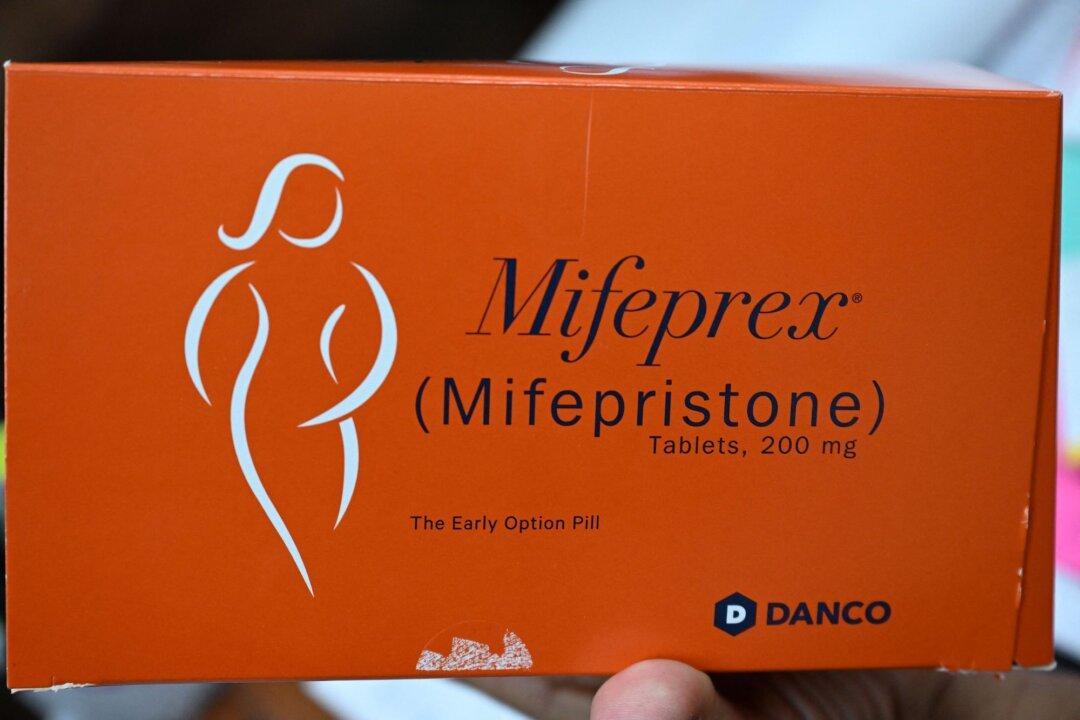With the U.S. Food & Drug Administration (FDA) this week finalizing a rule-change that allows brick-and-mortar pharmacies to dispense mifepristone online, if permitted under state law, a lawsuit challenging the regulatory review and safety of “abortion pills” bound for trial in the Texas Panhandle assumes added significance.
Alliance Defending Freedom filed a 113-page lawsuit on Nov. 18 in the U.S. District Court for the Northern District of Texas in Amarillo on behalf of the Alliance for Hippocratic Medicine and an array of other organizations and individuals, arguing the FDA did not properly approve mifepristone for terminating pregnancies.
The suit seeks a preliminary junction suspending the prescription of “mifepristone and misoprostol as FDA-approved chemical abortion drugs” while the legal challenge works its way to trial, perhaps as soon as this spring.
Mifepristone is used in tandem with misoprostol to terminate pregnancies up to 10 weeks after conception. Mifepristone blocks absorption of progesterone, a nutrient, stopping a pregnancy from progressing. Misoprostol, taken 24 to 48 hours later, induces miscarriage.
At least half the abortions that occur in the United States are facilitated through the mifepristone-and-misoprostol protocol, according to analysis by the Guttmacher Institute, a research and policy organization that supports abortion rights.
The FDA approved mifepristone for “medication abortion” more than two decades ago, in 2000. The U.S. Department of Health and Human Services (HHS), American Medical Association, and American College of Obstetricians and Gynecologists maintain mifepristone is safe.
A Chosen Court of First Resort
The case challenging that determination will be heard by U.S. District Judge Matthew J. Kacsmaryk, appointed to the bench by President Donald Trump, who issued the December injunction preventing the Biden administration from terminating the ‘Remain in Mexico’ program.





